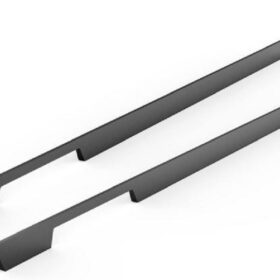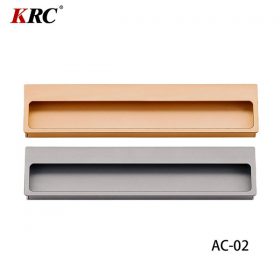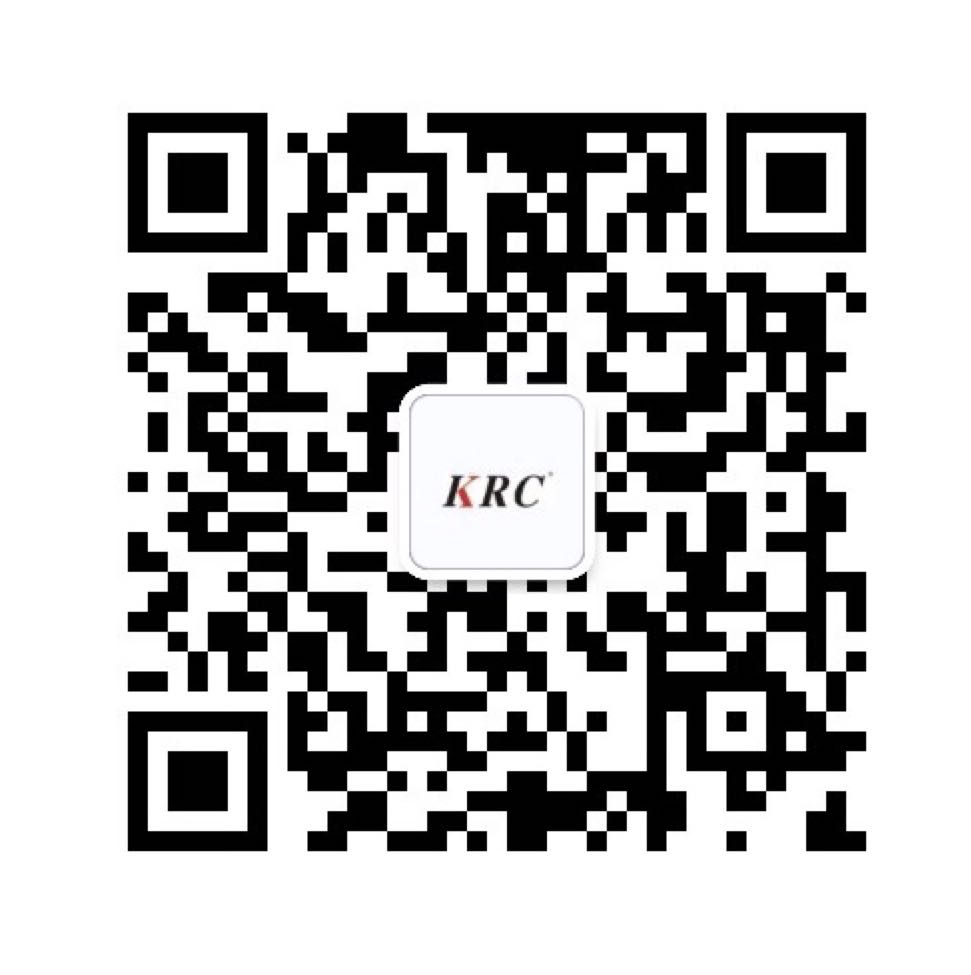The Role of Certifications and Standards in Pull Handle Manufacturing
In the realm of manufacturing, certifications and standards play a pivotal role in ensuring product quality, safety, and efficiency. The pull handle industry is no exception, with certifications and standards serving as essential benchmarks for manufacturers and consumers alike. This article explores the multifaceted significance of certifications and standards in the pull handle manufacturing process.
Ensuring Product Quality
Certifications and standards provide a structured framework for manufacturers to adhere to, ensuring that pull handles meet specified performance criteria. This includes rigorous testing methodologies to evaluate durability, strength, corrosion resistance, and other critical factors. By conforming to these standards, manufacturers can demonstrate that their products meet or exceed industry expectations for quality and reliability.
Promoting Safety
Pull handles are essential safety components in various applications, ranging from industrial machinery to transportation systems. Certifications and standards establish comprehensive safety requirements to ensure that pull handles can withstand the intended loads and operate safely even under demanding conditions. This includes ergonomic design principles to minimize the risk of injuries and compliance with regulations governing hazardous environments.
Facilitating Global Trade
In today’s globalized economy, certifications and standards are indispensable for international trade. They serve as a common language that enables manufacturers to communicate the quality and performance of their products across borders. By obtaining relevant certifications, pull handle manufacturers can gain access to new markets and establish trust with international customers.
Enhancing Efficiency
Certifications and standards streamline the manufacturing process by providing clear guidelines for design, production, and quality control. This reduces the need for repetitive testing and rework, saving time and resources. Moreover, certified manufacturers are often preferred by procurement professionals, as they offer a proven track record of compliance and reliability, leading to increased efficiency in the supply chain.
Building Consumer Confidence
Consumers rely on certifications and standards as a means of validating product quality and safety. Pull handles bearing reputable certifications convey a sense of assurance, indicating that they have undergone rigorous testing and meet industry benchmarks. This trust is essential for driving sales and establishing brand loyalty among customers.
Conclusion
Certifications and standards are indispensable elements in the pull handle manufacturing industry. They ensure product quality, promote safety, facilitate global trade, enhance efficiency, and build consumer confidence. By adhering to these certifications and standards, manufacturers demonstrate their commitment to excellence and establish themselves as reliable suppliers in a demanding market. In the ever-evolving landscape of industrial manufacturing, certifications and standards will continue to play a crucial role in shaping the future of pull handle production and application.
-
2024-11-29Top Trends in Modern Kitchen Cabinet Pulls for 2024
-
2024-11-28The Ultimate Guide to Modern Kitchen Cabinet Pulls- Materials, Styles, and Tips
-
2024-11-27Elevate Your Kitchen Design with These Must-Have Modern Cabinet Pulls
-
2024-11-26Sleek and Stylish- The Best Modern Kitchen Cabinet Pulls for a Contemporary Look
-
2024-09-14Exploring the Different Types of Modern Closet Door Pulls and Their Applications
-
2024-09-14How Cabinet Door Pull Handles Support High-Traffic Areas
-
2024-09-06Cost-Benefit Analysis of Investing in High-Quality Long Wardrobe Door Handles
-
2024-09-04How Flat Cabinet Handles Enhance Modern Interior Design






